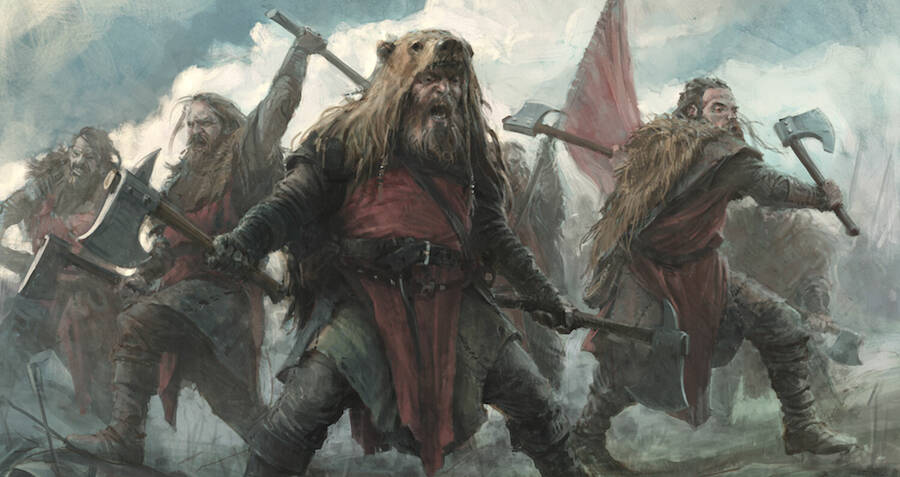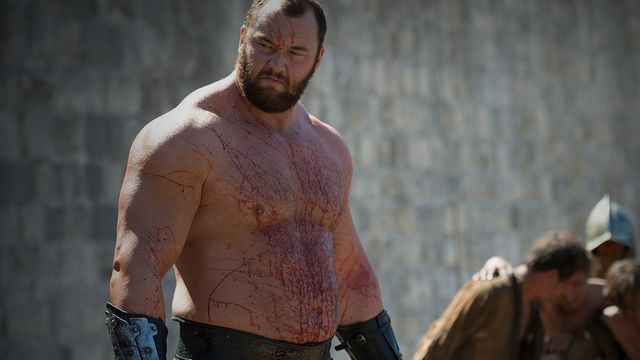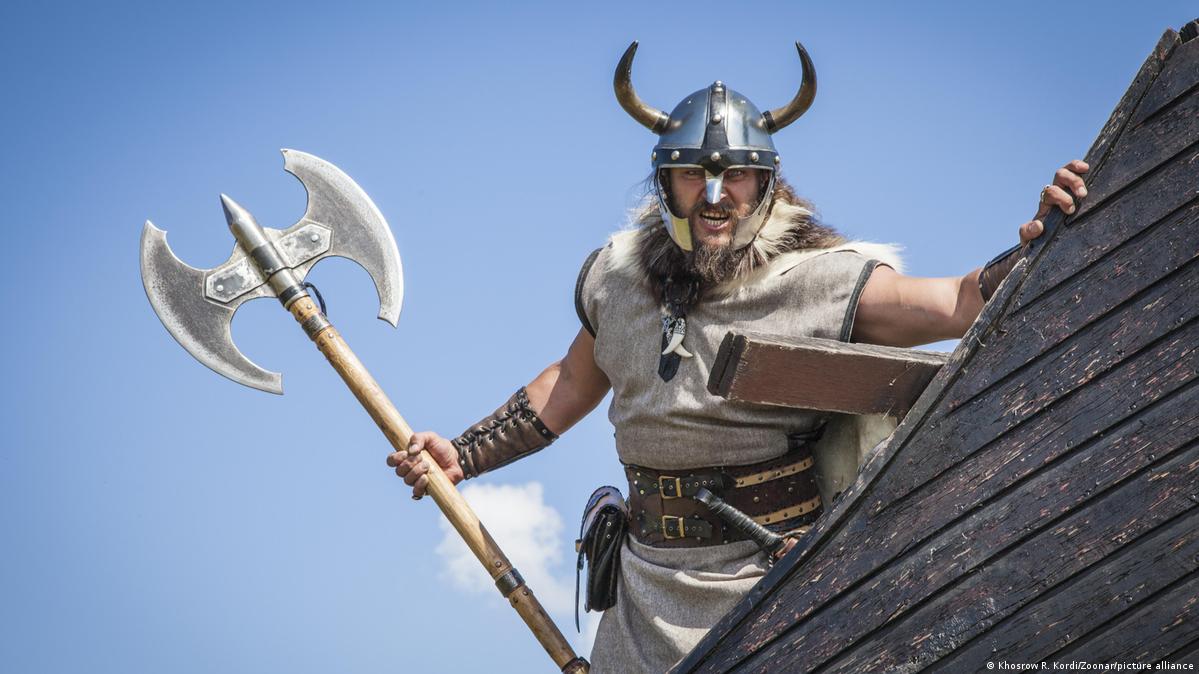The Vikings were a strong people. They were able to overcome great challenges and obstacles in their lives. They had to be strong to survive the harsh winters and tough conditions in Scandinavia. They also had to be strong to defend their homes and families from attacks by other clans.
When it comes to the strength of Vikings, there is no one-size-fits-all answer. Depending on various factors – such as age, gender, training, and health – individual Vikings could have been very strong or relatively weak. However, on average, Vikings were probably stronger than the average person today.
Vikings were often engaged in physical labor, such as farming and building ships, which would have helped them develop strong muscles. They also engaged in regular physical activity, including wrestling, swimming, and running. This helped them stay fit and agile. In addition, Viking men often went to war, which required them to be physically strong and capable of wielding heavy weapons.

It is commonly believed that Vikings were strong, barbaric warriors. While it is true that they were skilled in battle, they were also farmers, fishermen, and traders. They did not always fight to the death; in fact, many times they would capture their enemies and take them back to their villages as slaves.
Viking society was based on a system of clans, and each clan had its own chieftain. The chieftains were responsible for leading their warriors into battle and protecting their villagers from enemy attacks. In order to become a chieftain, one had to be brave and strong.
While the average Viking warrior was indeed strong, there were some who were even stronger than others. These “super-warriors” were often the ones who led the charge into battle and fought with great skill and strength. They were also the ones who usually came out alive when the dust settled.

So how strong were Vikings? Strong enough to protect their families and homes from harm, but also strong enough to show mercy when it was warranted.
The Viking Age was a time of great change in Scandinavia. With the introduction of Christianity and the decline of the Roman Empire, Vikings began to settle in other areas, including Britain and Ireland. This led to a period of great upheaval as different cultures clashed.
Viking society was based on the principle of personal honor. A man’s word was his bond and he was expected to keep his promises. This code of honor meant that Vikings were often willing to take great risks, even when the odds were against them.
Their reputation for being fierce warriors is well deserved. In battle, Vikings were feared for their ferocity and their skill with weapons. They were also skilled sailors and were able to travel great distances in their longships.
While they were often seen as brutal pagans by their enemies, Vikings were actually quite tolerant of other religions. They believed that everyone had the right to worship whichever god they chose.
Overall, Vikings were a strong and formidable people. They were skilled warriors and sailors who were not afraid to take risks. Their code of honor meant that they were reliable allies and fearsome opponents.
